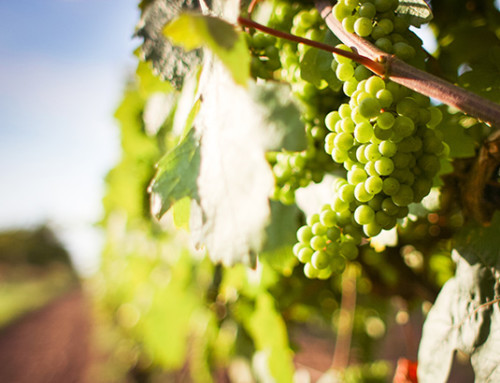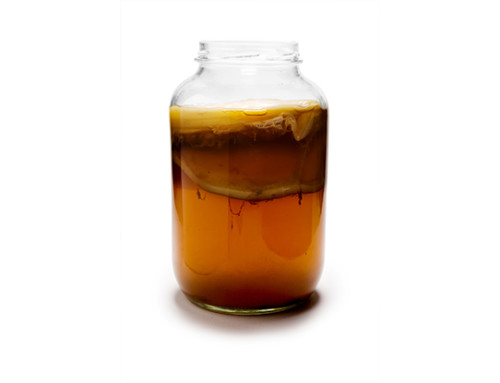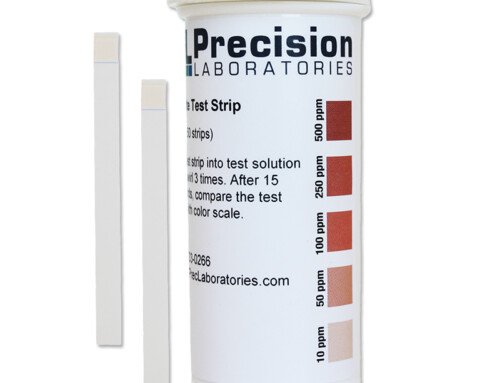Let’s talk wine. It’s been a while, so wine not? Questions arise about what the pH of wine should be, and well, this is somewhat hard to define. But today, we’re going to try to at least steer you in the right direction. So, uncork and relax, hakuna Moscato, and carpe vinum. Let the fun begin!
A Recollection From the Past
Waaaay back when, we posted articles about acidity in wine, and the difference between pH and total acidity. You’re going to want to refresh your memory on this. To summarize quickly, acidity and pH are both crucial factors in wine, and while they are related, they are not the same. Total acidity is a measure of the percent by weight of an acid, while pH is a measurement of the strength of the acid. Total acidity affects the taste of wine, while pH affects the stability, but both measures are important, so it’s all a balancing act.
Wine pH
So, back to the main question: What should the pH of wine be? There’s not necessarily an exact answer to this question, but a general pH range may help you in your endeavors. First, it’s important to remember that the ideal pH depends on the type of wine. White wines tend to be more acidic (lower pH) than red wines, and sweet or dessert wines are usually the least acidic. That being said, in general, a pH range from 3.2 to 3.6 will usually do.
Remember, the pH affects stability, but is related to total acidity, which affects the taste. So, if your pH is in the range of 3.2-3.6, it should be relatively stable. Now, the next part is up to you. Taste. Some wines will taste better at a pH of 3.2, while others taste better at pH 3.6. Here’s where you can do some tweaking.
If your wine tastes good, then you’re finished! If you think it needs adjustment, take a sample size and start tweaking. Once your satisfied, apply that to the full batch.
Remember to use our wine pH test strips, measuring from pH 2.8-4.4. The color chart has increments at 3.2 and 3.6, so you’ll know if you fall in that “good” pH range. If you want to get a more precise measurement within that range, you’ll definitely need to invest in a pH meter.
We always recommend turning to EC Kraus for advice, support, knowledge, and wine-making supplies. They definitely know their wine!
Don’t forget to have fun with your wine-making endeavors and enjoy the fruits of your labor!







Leave A Comment